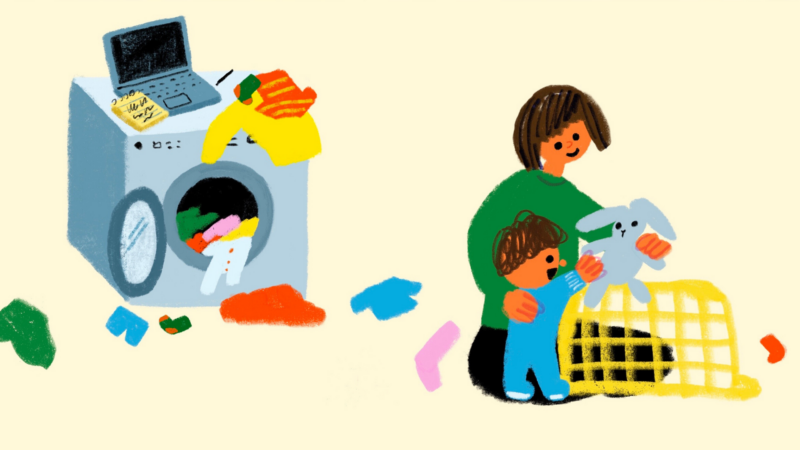Photo by: Joshua Rawson-Harris on Unsplash
We know that the teen brain is charged with emotion.
Research shows that teenagers have underdeveloped prefrontal cortices[1] and highly active rewards centers,[2] which means that teens are going to have a hard time processing information and regulating their emotions.
These factors, coupled with the developmental demands of adolescence, such as increased conflict with parents,[3] reduced support in a school environment,[4] and interpersonal and identity challenges,[5] make expressing emotion an overwhelming and challenging task for the teenage brain. Therefore, it is important for parents to understand how to foster positive emotional expression in youth.
In this two-part series, I will discuss parenting practices that promote teenage emotional expression and emotional awareness. In this first post, I will focus on ways that increase and support teens’ awareness of their emotions. The second post will addresses the practices that foster teens’ emotional regulation.
Fostering Emotional Awareness
Parents, this experience for you is two-fold: a chance to promote and model emotional awareness and a chance to strengthen your bond with your child. Below are three ways parents can foster and develop emotional awareness in youth.
1. Express your emotions.
Parents, when you recognize your own emotions, this helps your teens to become aware of their own emotions. Practice by being open with expressing all your emotions at home (including anger and sadness). For example, when feeling frustrated, explain to your teens why you feel that way and how you are coping with those feelings:
- “I feel frustrated and stressed at work right now, but I am trying my best to feel better by taking a moment to walk away and breathe.”
- “When I feel sad, I try to understand what the source of my sadness is and try to think of ways that will help me feel better.”
By displaying and expressing different emotions, youth discover and learn about the range of their emotional experiences available to them (from happiness and sadness, to anger, disgust, and fear). This teaches your child that all emotions are equally important and appropriate to express.
2. Encourage teens to express their emotions.
Parents, accept your teens’ emotions and remind them that it’s okay to have those feelings. Doing so encourages your child to communicate their emotions[6] and, most importantly, feel safe to express them with you. If your teen is angry or sad, welcome their emotions by:
- Listening to their problems, concerns, or worries without judgment.
- Remind them that it’s okay to feel angry or sad, and that you understand what they are experiencing.
3. Be consistent when you respond to teens’ emotions.
Whether teens feel happy or angry, it is essential that you respond to your teen’s emotions with consistency. This reinforces to youth that all emotions have equal value. For example, by responding positively to your teens’ happiness but negatively to their anger or sadness, it suggests to adolescents that happiness is a widely accepted emotion to express, but that anger and sadness are not. This becomes problematic because it prompts youth to avoid, rather than understand certain emotions.
Creating a Safe Space
When you express your own emotions and simultaneously welcome youth to voice their own emotions, it teaches adolescents to become aware of their emotional experiences and understand their various feelings. Consequently, having a consistent response to all of your teens’ emotional experiences also encourages youth to feel safe in expressing their feelings with you and others
Author’s note
This blog post is the first of a two-part series. You can read part two here.
Endnotes
[1] Blakemore & Choudhury, 2006; Casey, Galvan, & Hare, 2005
[2] Smith, Xiao, & Bechara, 2011
[3] Collins, 1990
[4] Seidman et al., 1994
[5] Collins, 2003
[6] Cassano et al., 2007; Eisenberg et al., 1990; Yap et al., 2008
Continue Exploring

Youth
Raising Emotionally Healthy Teens (Part 2): Emotion Regulation
Guest blogger, Leanne Bishara, discusses how transitioning to high school can be tough on youth. Discover how you can help them academically succeed through a growth mindset.

Blog
Mindful Parenting: The Importance of Creating Space from Within
Dr. Joey Fung emphasizes the importance of mindful parenting and how parents can thrive during this pandemic.


